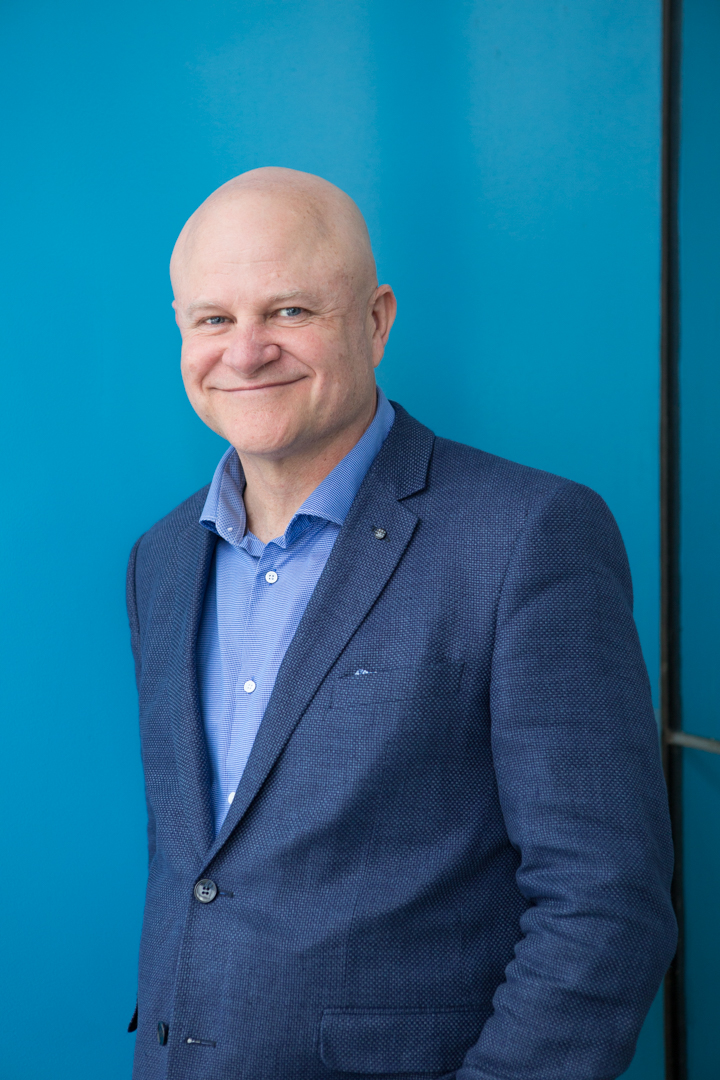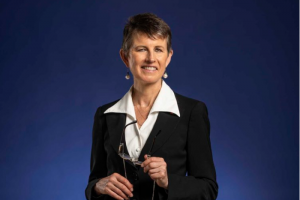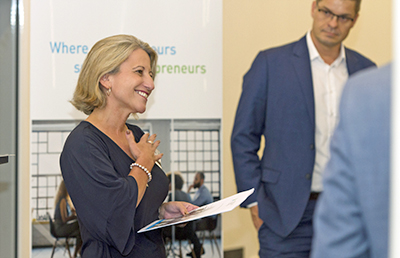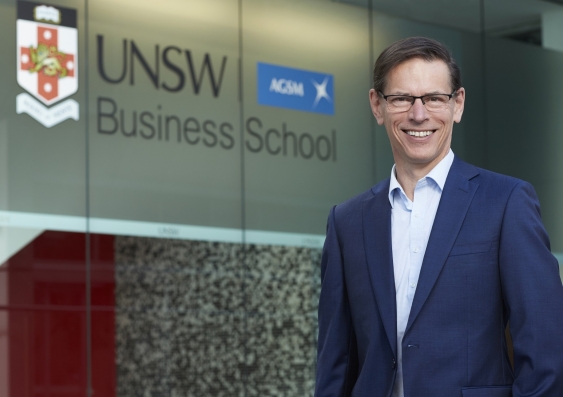WhyCubed formula adds up for business growth
By Leon Gettler >>
BILL MCLELLAN is in the business of building better teams and management systems through a methodology assessing strengths and weaknesses and developing emotional intelligence
His business, WhyCubed, rolls the same methodology that has seen the Western Bulldogs win the AFL premiership into businesses.
“It invigorates businesses by injecting a dimension that normally doesn’t exist – and that is, rather than doing a one or two day immersion session with people, you do it over the course of an hour or so a week,” Mr McLellan told Talking Business.
“The beauty of that, in this current environment, is that’s what most leaders and people trying to manage disparate teams are trying to do, so it’s very timely.” 
The methodology is underpinned by behavioural analytics of Harrison Assessments which, in 20 minutes, seeks to assess 175 traits assessing how people like to work, their likes and dislikes. It also seeks to build levels of emotional intelligence or EQ and examines how people respond under pressure.
“Based on that appetite, you are able to work out what a person is likely to be good at,” he said
IDENTIFYING WEAKNESSES
It also identifies traits and patterns that people are not that good at so they can work out how to attend to it, by getting help or modifying their behaviour.
This helps identify limitations and develops strategic acumen and communication skills.
Mr McLellan said this is now used by businesses globally to develop their talent management systems.
“Most people have accounting systems but how many people actually keep tabs on how their people are progressing from an emotional or EQ standpoint,” he said.
“You get almost an x-ray report on how people show up. Once you know that, you can then start to coach, augment and facilitate a higher way of being as an individual.
‘It is also a way of building teams,” he said.
“You can super-impose the way individuals show up together. You could for example look at an executive team or a leadership and say: ‘Guys in terms of your strategic paradox, you are all risk takers and none of you are analysing the pitfalls. You are inherently going to take on too much risk. How can we change that? Do we bring in a risk advisor whenever we have a board meeting?’
“The reverse is true too. If the entire team is pre-dispositioned to analysing pitfalls ad nauseam, they might never be able to make a decision and take on new initiatives and the business will start to atrophy.
“You can almost start to do a due diligence on a team. It’s really powerful.”
Mr McLellan said individuals in teams needed to be aware of what areas needed improvement, where the limitations are and what is needed to fix it.
He said it was no different to a football team where it was decided to bring in a kicking coach to teach them the right techniques.
Using analytics is the way to create change and build better leadership teams, he said.
Hear the complete interview and catch up with other topical business news on Leon Gettler’s Talking Business podcast, released every Friday at www.acast.com/talkingbusiness.
ends

 How to resolve AdBlock issue?
How to resolve AdBlock issue? 






